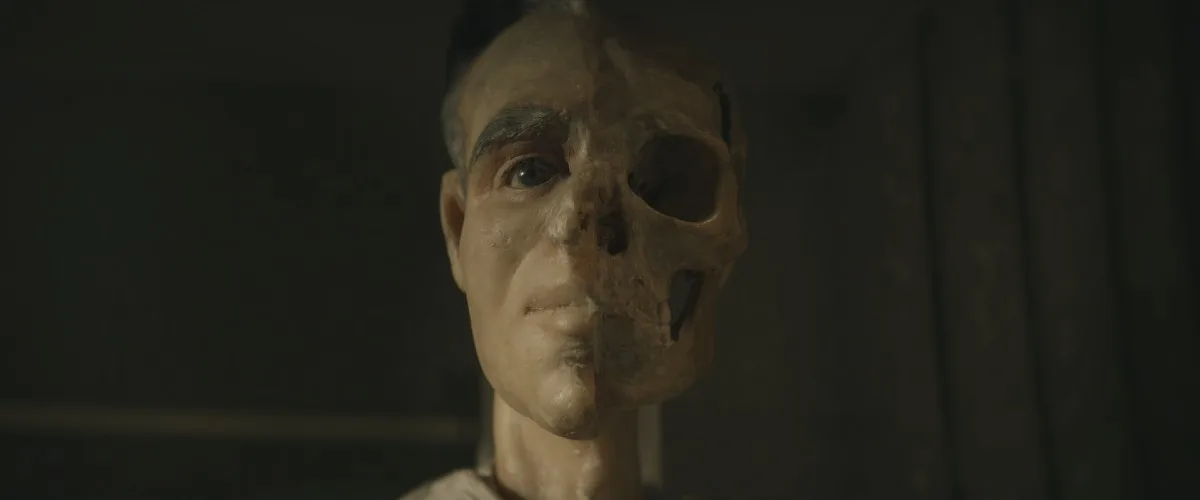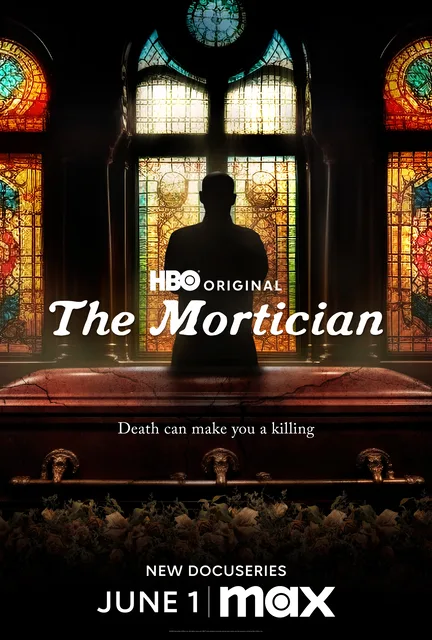Joshua Rofé takes unique angles on well-known stories, whether it’s the inventiveness of the Hulu series “Sasquatch” or how deftly he reclaimed a story that turned domestic abuse into a punchline in his Sundance mini-series “Lorena.” With this pedigree and an undeniably fascinating case, HBO’s “The Mortician” is a disappointment, a project that fails to deepen our understanding of a monster who saw human bodies as disposable, whether they were alive or dead.
Rofé’s focus here is on a memorable sociopath, someone who still seems incapable of understanding his own depravity. Still, the three-hour project fails one of the standard tests of the true crime genre: Is watching this more interesting than just listening to a podcast episode on the same subject? It’s another one of those projects that feels like it was set at a certain runtime before it started production, leading to filler and repetition to meet that predetermined number. And it suffers because it forces us to spend so much time with someone who clearly still thinks he did nothing wrong, despite the copious evidence to the contrary. It’s true that not every true crime project indeed gets a remorseful subject, but the interviews that serve as the backbone for this one are particularly frustrating, and it feels like Rofé keeps hoping for a breakthrough moment a la “The Jinx” that never really comes.
“I don’t put any value on anybody after they’re gone and dead. As they shouldn’t when I’m gone and dead. Love ‘em when they’re here.” – David Sconce
If you’ve never heard of David Sconce, consider yourself lucky. He ran the Lamb Funeral Home in Pasadena in the ‘80s, when people started to wonder how he could possibly be incinerating as many bodies as he was at the time. Whereas other funeral homes had a natural limit on how many corpses could be disposed of in a day, Sconce appeared to be doing something either magical or grotesque. Of course, it was the latter, as Lamb Funeral Home was doing mass cremations, shoving dozens of bodies into the cremator at a time, mingling their ashes in a way that understandably traumatized loved ones when the ruse was discovered. And it was all for $55 a body.
Of course, it was for more than that, as “The Mortician” reveals that Sconce and his team were raiding corpses before burning them, stealing gold teeth, and even selling organs on the black market. Sconce is open in interviews in “The Mortician” about his abject inability to understand what he did wrong. He sees bodies as equivalent shells, and his abuse of them would be the same to him as digging something out of the ground. They’re dead, so why does it matter? The most interesting throughline of “The Mortician” is in how Rofé defines Sconce’s worldview early and then slowly reveals how a man who doesn’t respect the dead won’t have much for the living either. There’s evidence that Sconce committed actual murders and tried to coordinate more.
The problem with “The Mortician” is how often it treads and retreads the ground laid in the paragraphs above. Again, it feels like a project that needed to come in at a defined length, when the material doesn’t fully support it—a common problem in the proliferation of true crime projects, designed to boost streaming numbers more than anything else. Part of the problem is that “The Mortician” keeps promising a moral reckoning for a man who is clearly incapable of having one. He burned them up long ago.
Whole series screened for review. Premieres on HBO on June 1st.




















